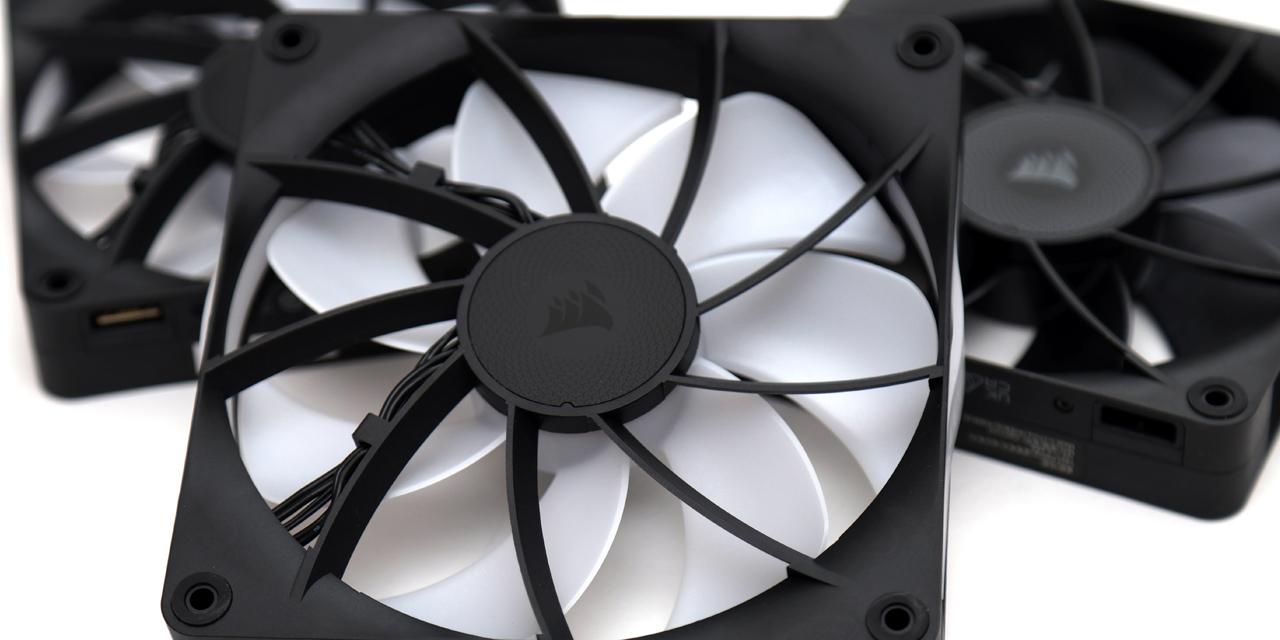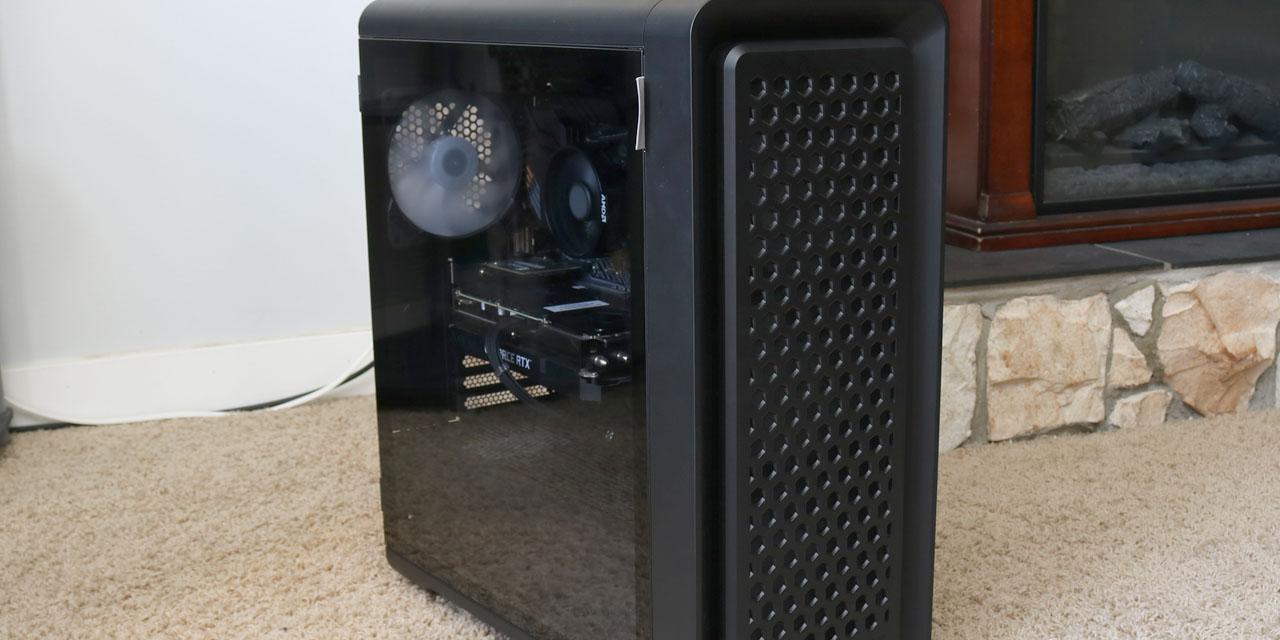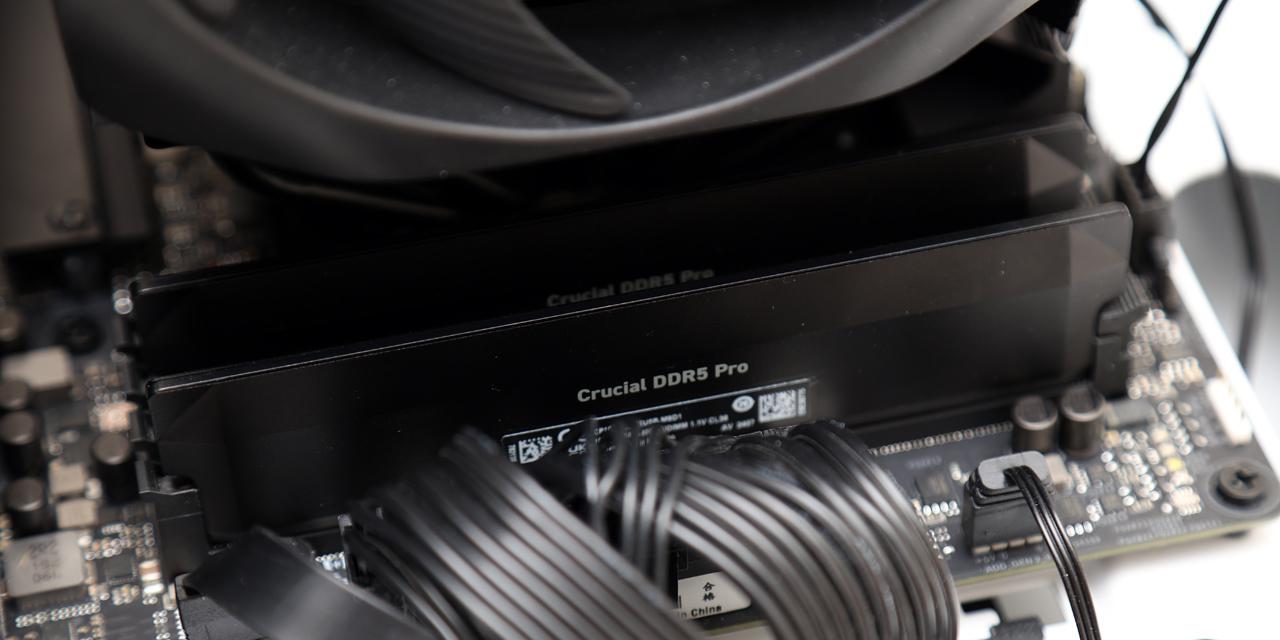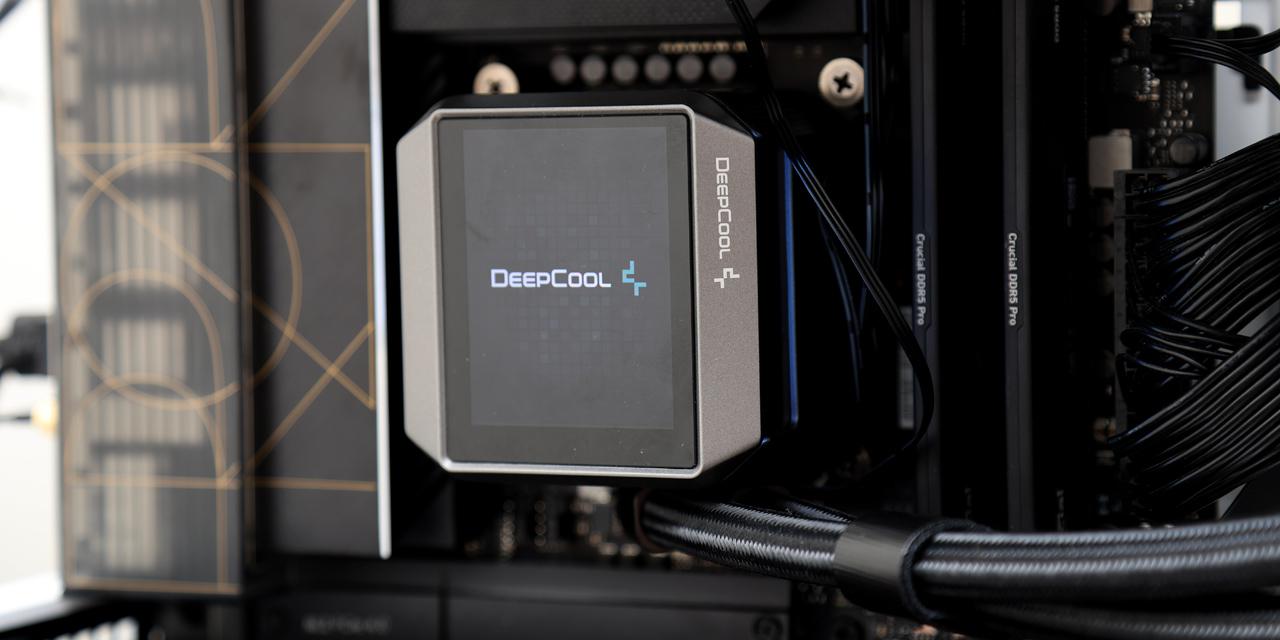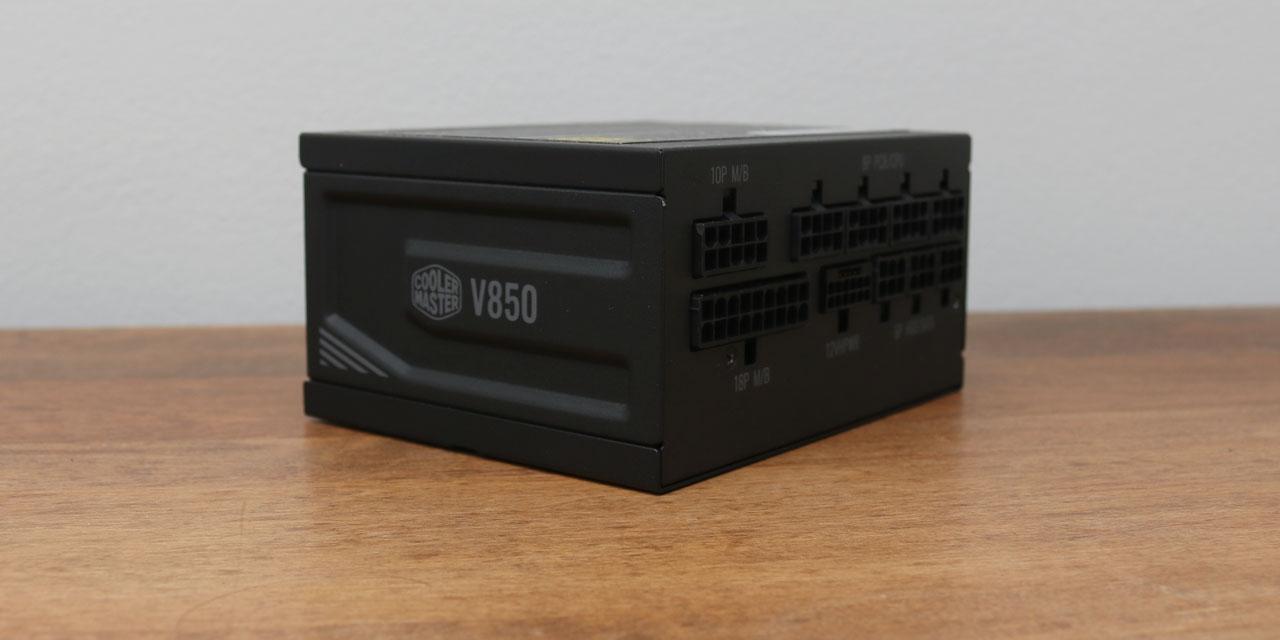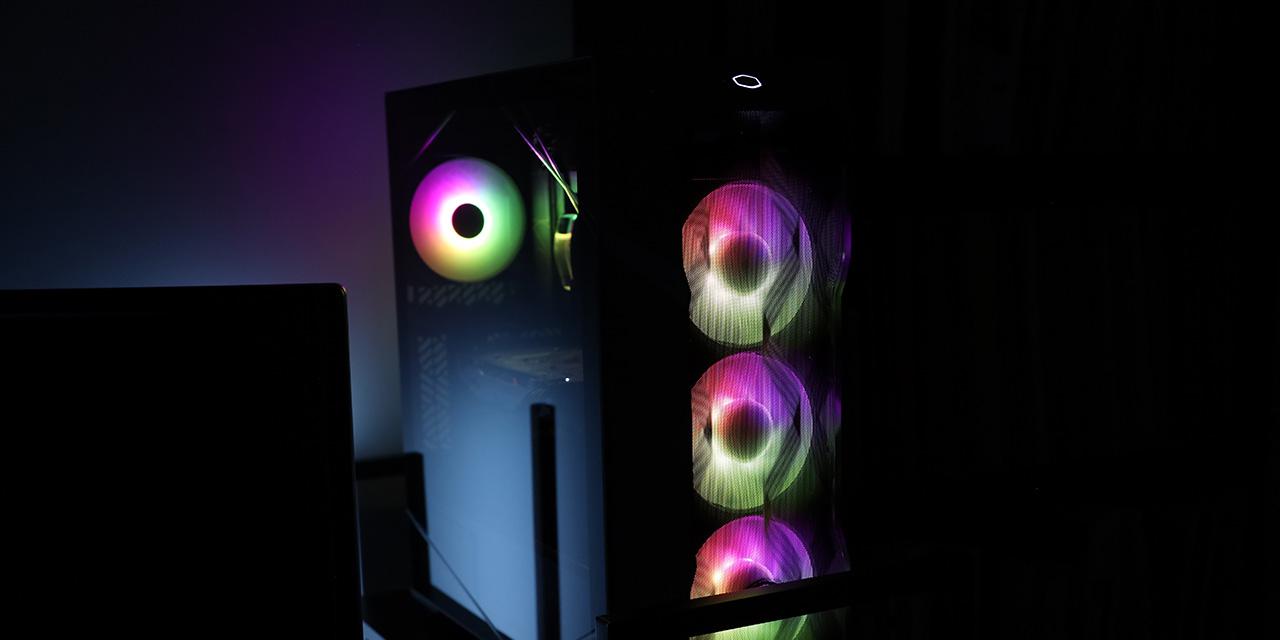|
From X-bit Labs: Although Intel Corp. has been attempting to enter the market of ultra-portable electronics with x86 microprocessor technology for some time now, it has not managed to gain any traction and today there are no smartphones or popular media tablets based on x86. But the world's largest maker of chips hopes that Windows 8 and its Medfield system-on-chip will help next year. "To date, our presence in tablets has not been large. With Windows 8, you have monolithic operating system across PCs and tables that Intel can participate in and bring in the advantage of legacy support for applications and device drivers. In that dynamic, I think we have more upside than downside," said Paul Otellini, chief executive officer of Intel, during the company's quarterly conference call with financial analysts. At present the market of media tablets is dominated by Apple's iPad-series and is trailed by Samsung Electronics' Galaxy Tab family along with a number of other products from companies like Asustek Computer, HTC and others. All of those tablets - whether they utilize Apple iOS or Google Android operating systems - are based on system-on-chips with ARM processor technology. At the Computex Taipei 2011 trade-show, Intel demonstrated more than ten tablets from both own-brand manufacturers (Fujitsu, Lenovo, MSI, Toshiba, etc.) as well as contract makers of electronics (Clevo, Compal, ECS, Foxconn, Pegatron, Quanta, Wistron, etc.). All of the tablets are based on the company's Oak Trail platform (Lincroft SoC [which resembles Moorestown SoC, but supports Windows] and Whitney point I/O controller) featuring the Atom Z670-series microprocessors and utilize either Google Android 3.0 "Honeycomb", various MeeGo flavours as well as Microsoft Corp.'s Windows 7 operating system. Intel showcased a Medfield design running Google Android 3.0 (Honeycomb) for the first time at the show. View: Article @ Source Site |
 |
When It Comes to Tablets, Intel Bets on Windows 8
© Since 2005 APH Networks Inc. All trademarks mentioned are the property of their respective owners.
